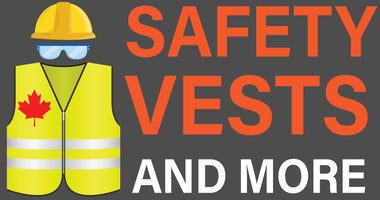Welding Gloves are an essential piece of equipment for anyone who works with welding or hot metal, protecting their hands from burns, cuts and abrasions. Welding gloves provide a layer of protection between the user and the heat and sparks generated during welding and other hot metalworking operations.Welders are the most common users of welding gloves. Welders are exposed to extreme temperatures and sparks when performing their jobs. To protect their hands and forearms, welders must wear welding gloves to protect them from burns, cuts and abrasions. The gloves also help protect the welders from electrical shocks and radiation.
Welding gloves are made from materials that are thick enough to protect the user from the heat and sparks but thin enough to allow for dexterity. The most common materials used in welding gloves are cowhide leather, pigskin, goatskin, and synthetic materials such as Kevlar and Nomex. The type of glove used depends on the type of welding and the level of protection needed.Welding gloves should be chosen based on the type of welding being done and the level of protection needed. For example, gloves made of pigskin are best for light welding and TIG welding, while gloves made of cowhide leather are best for MIG welding and other heavier welding tasks. The gloves should also be chosen based on the temperature of the welding operation. For example, gloves made of Nomex are best for higher temperature welding, while gloves made of Kevlar are best for lower temperature welding.The fit of the welding gloves is also important. The gloves should fit snugly but not restrict movement. The gloves should also be inspected before use to ensure they are in good working condition and free of any rips or tears. Welding gloves are an essential piece of safety equipment for welders and anyone else who works with welding or hot metal. They protect the user from burns, cuts and abrasions and also help protect them from electrical shocks and radiation. By choosing the right type of glove for the job and inspecting them for any rips or tears before use, welders can ensure that they are safe and protected while working.
























